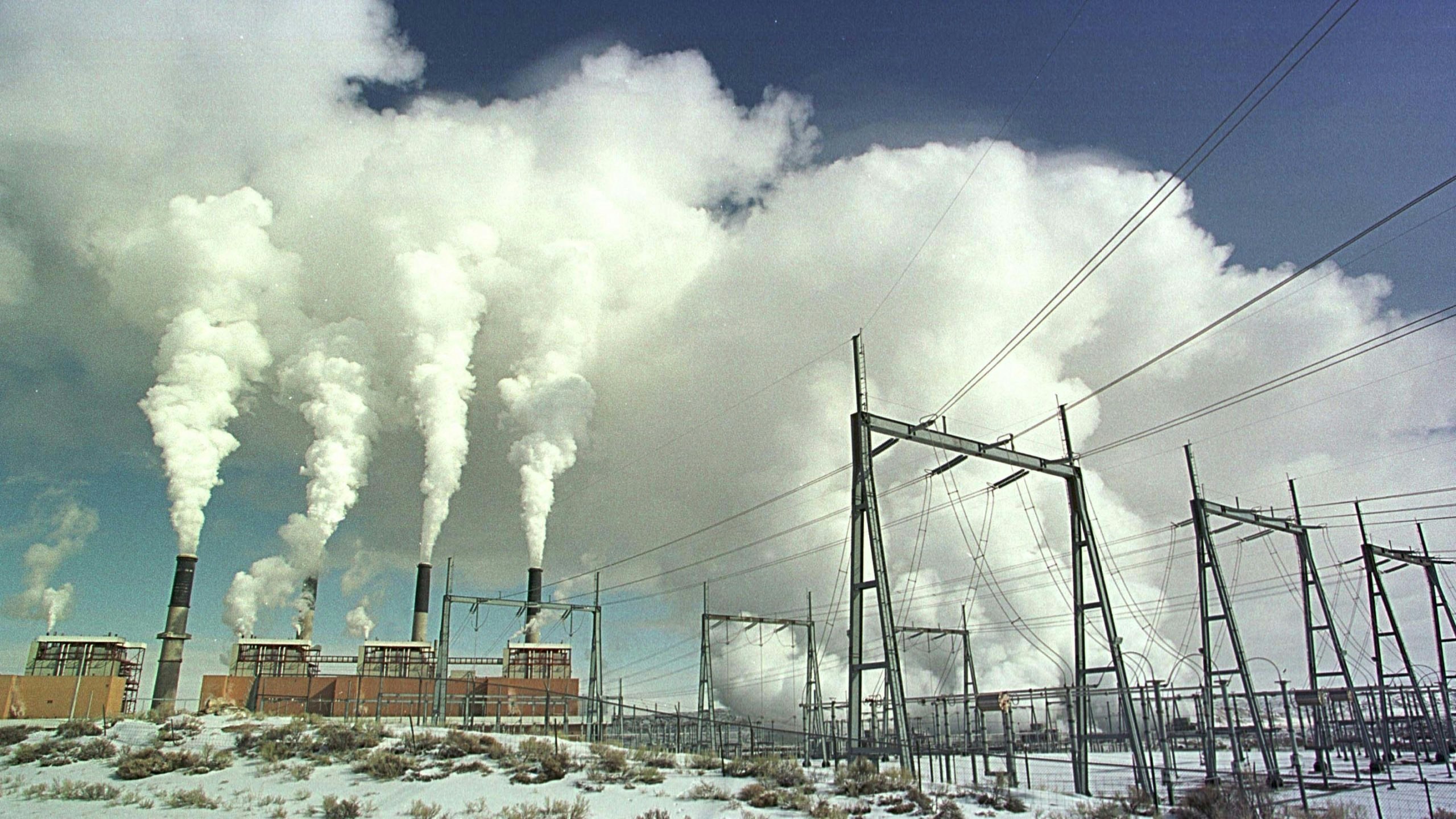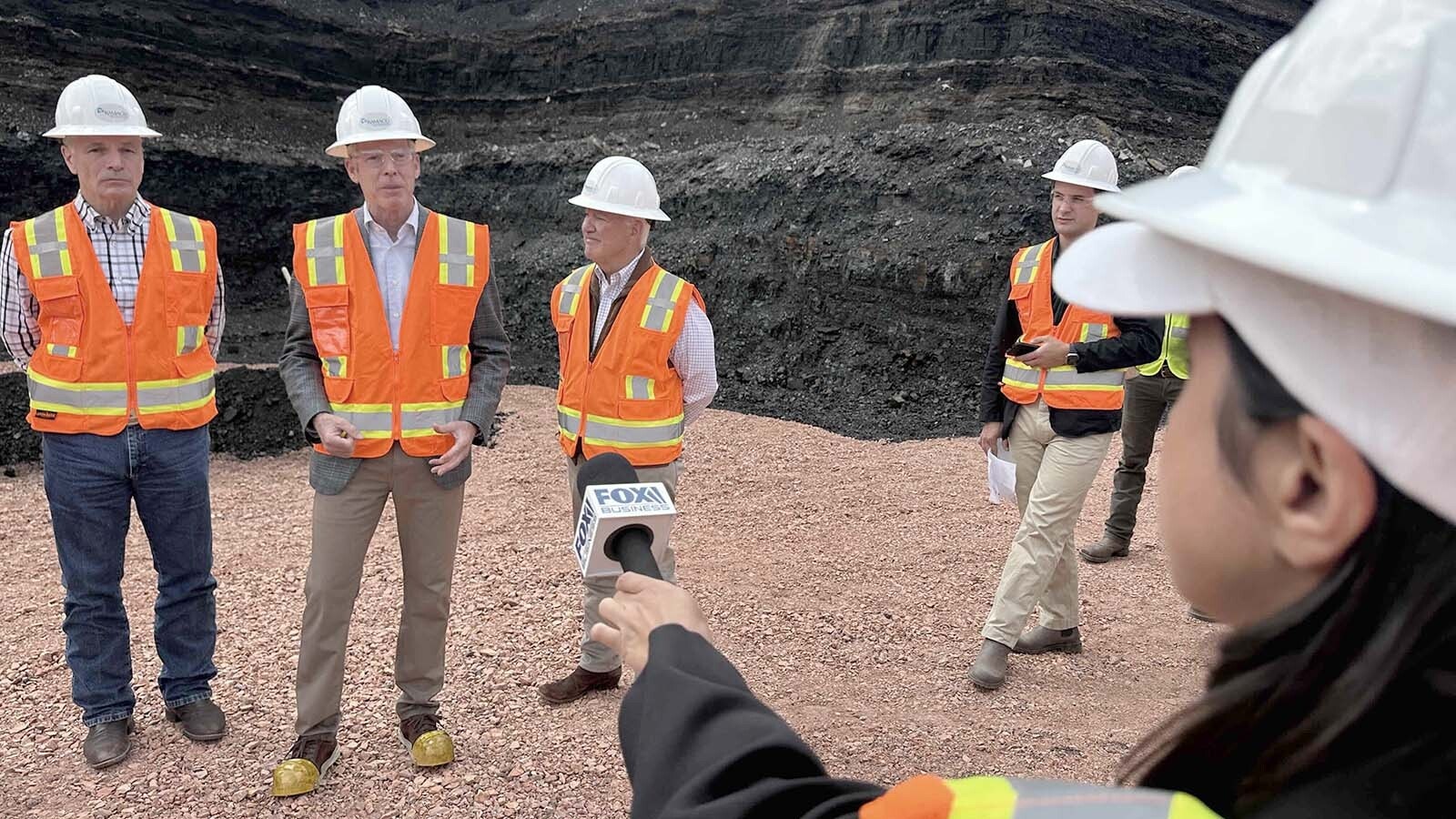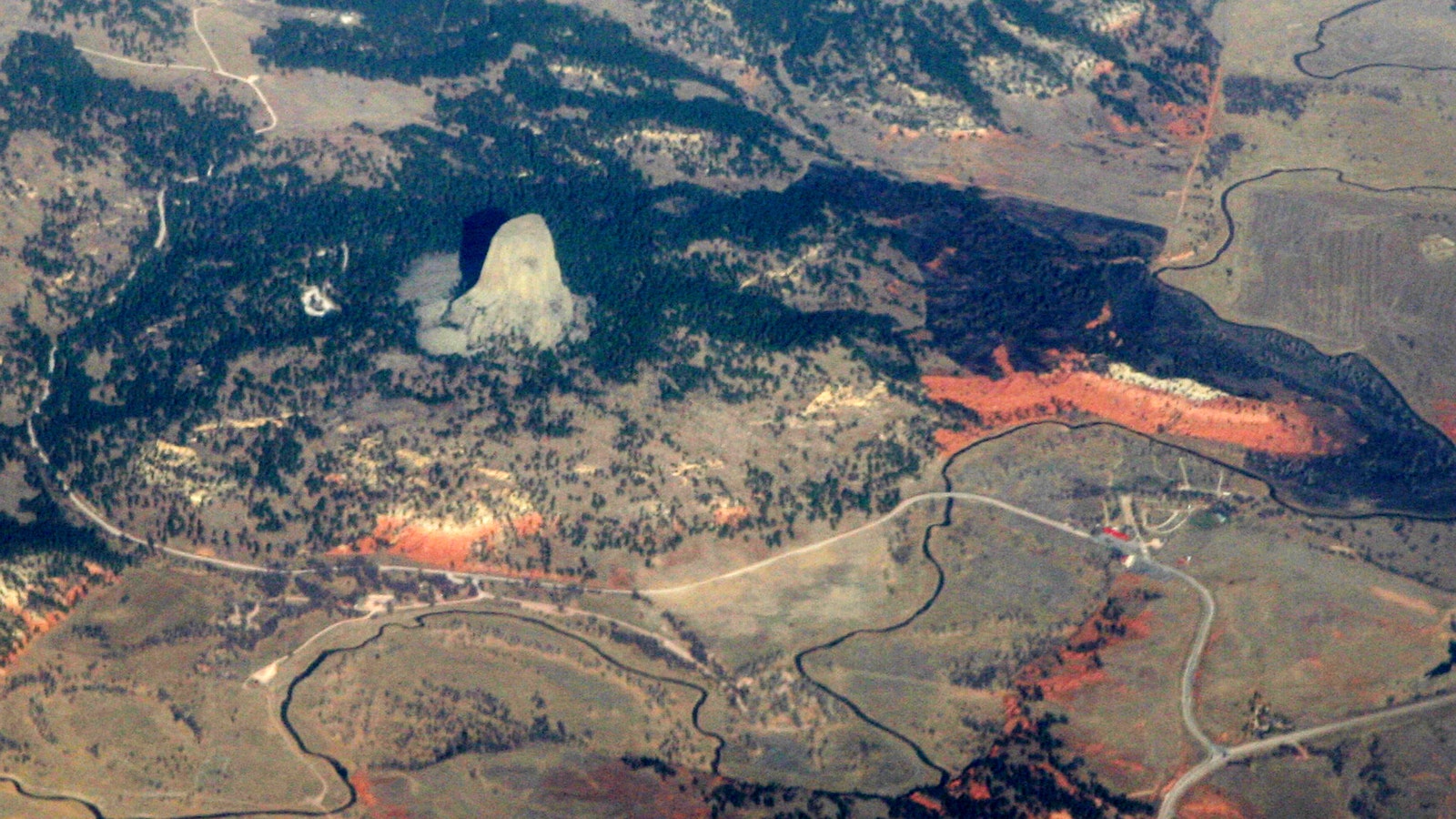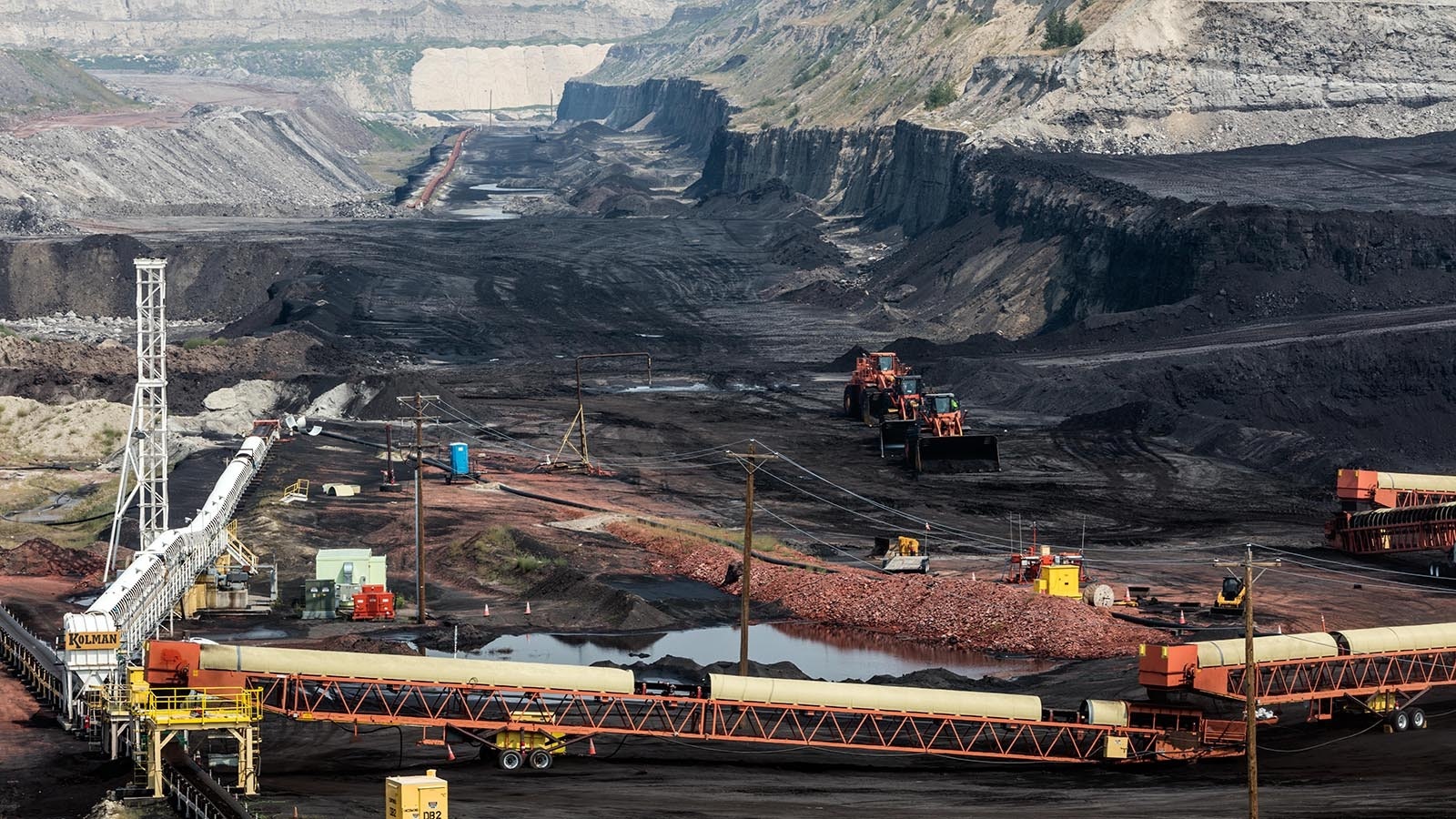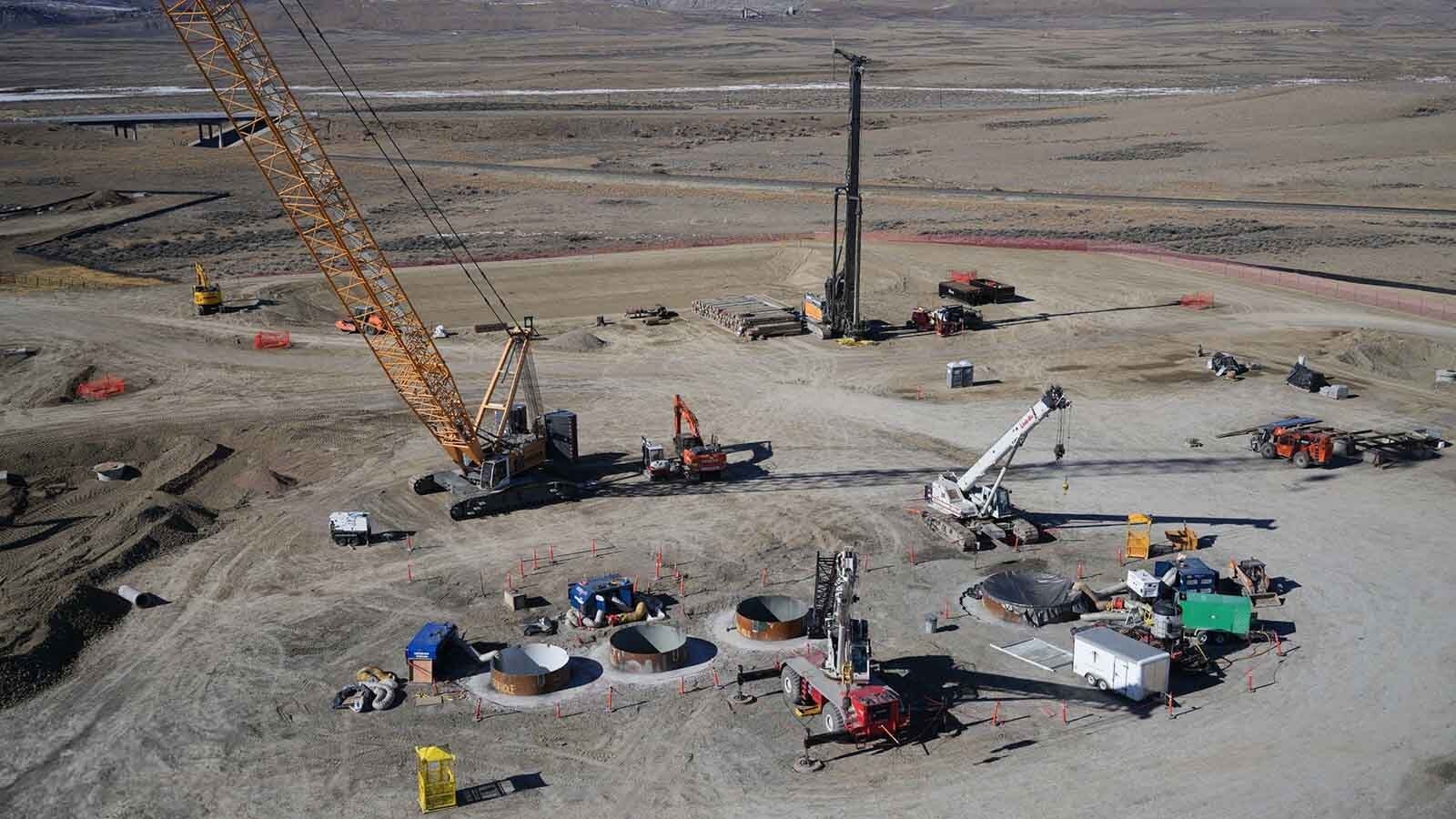Wyoming state policies show the least commitment to saving energy and reducing greenhouse gas emissions, according to the American Council for an Energy-Efficiency Economy.
The council’s annual ACEEE scorecard ranks Wyoming first in energy inefficiency.
Five Categories
The scorecard is based on five main policy areas: utilities, transportation, buildings, industry, state government initiatives and appliance standards.
There are a total of 50 points possible, with the highest points going to utility policies, transportation and building codes. In ranking states’ utility policies, the study looked at energy savings programs and investments in low-income energy efficiency programs.
Wyoming received one point out of 15. The Cowboy State received half a point for electricity savings in 2021, and another half point for investment in low-income energy efficiency programs.
Transportation
In the area of transportation, the report examined state policies that improve the efficiencies of vehicles that are bought or operated in the state, reduce the greenhouse gas emissions of vehicles in the state, integrate land-use and transportation planning to reduce the need to drive, and “equitable” deployment of electric vehicles.
Wyoming received a negative score in this category for its high EV fees. Since 2019, Wyoming has charged electric vehicle owners $200 to register in the state.
This resulted in the loss of a half point. Lacking any policies that receive points in this category, the overall score was rounded up to 0 out of 13 possible points.
Building Codes
In the category of building policies, the study looked at adoption of energy efficiency standards in building codes for both existing buildings and new construction, as well as the enforcement of these laws.
This year the study, which was the 15th annual scoring, added credit for policies that encourage moving away from fossil fuels.
In this category, Wyoming had zero points, as it lacks any statewide building codes. The Cowboy State wasn’t the leader in this category, as it trailed Arkansas, which had a score of -0.5, and Oklahoma, which had a score of -1.
Both states had policies that prohibited or discouraged fuel switching, but Arkansas received 0.5 points for the stringency of its commercial building code.
Government Initiatives
In the category of state government-led initiatives, states were scored based on having energy offices, economic development agencies and general services agencies that design, fund, and implement energy efficiency initiatives.
Wyoming received a point for having three grant programs and one loan program that support such initiatives. It trailed Georgia, Iowa and Kansas — all three of which received half a point in the category — and South Dakota, which had a score of zero.
Industry
The ranking also looked at states’ industrial policies with regard to greenhouse gas emissions.
“The highest emitting industrial sectors included petroleum refining, chemicals, food and beverage manufacturing, cement, and iron and steel,” the study notes.
States could earn up to 2.5 points for programs that provide energy management or technical support for energy management and audits, industrial decarbonization targets and clean heat standards, and job training for industry energy efficiency.
Wyoming, which had a score of zero, trailed behind several states that had negative scores, including Texas, Arkansas and Oklahoma. Those states had policies that allow large customers to opt out of efficiency standards and programs, whereas Wyoming had no such option.
Appliance Standards
In the category of appliance and equipment efficiency, the study considered appliance standards policies that reduce energy or water use.
In all categories, the study examined only state-level legislation or programs, without regard to federal laws. Typically, technologies improve over time, but federal energy efficiency laws have long targeted appliances. This has resulted in washing machines and dishwasher cycles taking much longer than they did 20 years ago.
Only 13 states received any points in this category, and Wyoming wasn’t among them, as it lacks any such laws.
Two Out Of 50
In total, Wyoming received two points out of a total of 50 possible, placing it at No. 51 among the states and Washington, D.C.
To raise its ranking, the study’s authors encourage Wyoming to adopt a freight plan to promote an efficient freight network, eliminate the state’s “burdensome” electric vehicle registration fee, which they note is among the highest in the country, and increase efficiency of state buildings and fleets.
Decarbonized Economy
California was ranked worst on the list because of the state’s commitment to policies that are “decarbonizing its economy by 2045 with a sweeping legislative package of climate measures signed in 2022.”
California received the highest number of points in all categories, except building policies and transportation, with a total of 47 out of 50 points earned.
Most other states with the most stringent energy reduction policies are the New England states, including Massachusetts, New York, Vermont, and Maine.
‘Benefits Everyone’
“The clean energy transition will only be successful if we ensure it benefits everyone, including low-income and disadvantaged communities, while addressing historic patterns of injustice,” said Sagarika Subramanian, the study’s lead author, in a statement on this year’s rankings.
According to the Energy Information Administration, the states that had the highest rankings in the study for energy efficiency pay the highest average retail price for electricity.
California residents paid 19.65 cents per kilowatt hour in 2021, and Massachusetts residents paid 19.06 — the highest in the nation behind Alaska.
Cowboy State Daily reached out to ACEEE to ask how these high energy costs were beneficial and didn’t receive a response by the time this story was posted.

